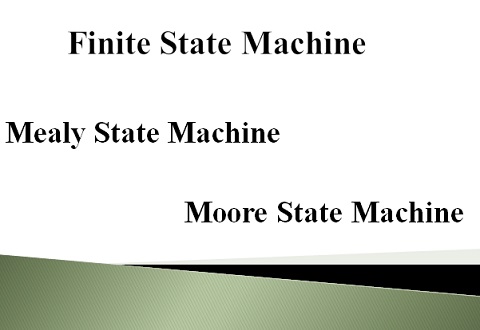...
Experience and understanding of human nature tells us that deterrence is effective. That rational mind/brains responds according to multiple factors, safety (that its safer to obey road rules rather than risk injury or death by breaking them) self interest (the penalty of breaking the law is greater than the benefit), so the law is formulated accordingly;
Cognition
''Neuroscientists have repeatedly pointed out that pattern recognition represents the key to understanding cognition in humans. Pattern recognition also forms the very basis by which we predict future events, i e. we are literally forced to make assumptions concerning outcomes, and we do so by relying on sequences of events experienced in the past.
In other words, when presented with different options, we estimate the likely outcomes of each, and choose the option that seems best to us. This is what is commonly known as "free will". And, if we choose to rob a bank, then we will be held responsible for our deliberate act.
Necessity
''Necessity is the idea that everything that has ever happened and ever will happen is necessary, and can not be otherwise. Necessity is often opposed to chance and contingency. In a necessary world there is no chance. Everything that happens is necessitated.'' -
http://www.informationphilosopher.com/freedom/necessity.html
All events come about by a reliable history of prior causes and their effects. This is called "causal necessity". This means that if someone decides to rob a bank, then it was causally necessary that this would happen, from any prior point in time. This also means, that if the judge sentences the bank robber to death by stoning, then that would also be causally necessary from any prior point in time.
The problem with universal causal necessity/inevitability is that it always applies equally to every event. It makes no distinction between good events or bad events. It makes no distinction between the bank robber and the judge. If it excuses one thing, then it excuses everything.
The Law
''Because most behavior is driven by brain networks we do not consciously control, the legal system will eventually be forced to shift its emphasis from retribution to a forward-looking analysis of future behavior. In the light of modern neuroscience, it no longer makes sense to ask "was it his fault, or his biology's fault, or the fault of his background?", because these issues can never be disentangled. Instead, the only sensible question can be "what do we do from here?" -- in terms of customized sentencing, tailored rehabilition, and refined incentive structuring.'' -
http://www.neulaw.org/
What are the meaningful and relevant causes of the bank robber's actions? If we wish to reduce the risk of further robberies, which causes of his behavior can we correct? Well, there is the robber's thought process that led him to choose to rob the bank. We can address that, as the author of the quote suggested, by "customized sentencing, tailored rehabilitation, and refined incentive structuring". If this is the offender's first heist, then that would be our first choice. But if the offender has a long history of successful robberies, then it will be more difficult to get him to give up that self-rewarding line of work.
What about the "fault of his background"? Fixing the community that raised the offender and encouraged him to pursue a life of crime is also a real possibility. But it takes political will, a choice of the community itself and of the helping agencies, that can address drug trafficking, criminal street gangs, ineffective schools, the lack of after school activities, racial discrimination, unemployment, and any other specific contributing factors.
In any case, the judge in the courtroom is unable to deal with external factors. He can only deal with the offender in front of him.
Well, then, what about the "fault of his biology"? What about the fact that the robber has a brain that operates deterministically to bring about all of his choices and actions? Has neuroscience identified the brain area responsible for criminal behavior? Do they have a procedure for removing this area? Are we ethically able to perform such an operation upon an unwilling prisoner?
Well, no. We cannot operate upon a sane person against their will. But if the robber's brain is physically abnormal, and that abnormality makes them incompetent to make rational choices on their own behalf, then neuroscience and psychiatry can provide medical treatment to correct the physical problem.
But neuroscientists offer us very little in terms of correcting criminal behavior by a normal brain, one that rationally chooses to rob banks for the simple reason that it gives them quick access to cash. For this we rely upon the sciences of psychology and sociology. It is these sciences that inform us about rehabilitation, about "customized sentencing, tailored rehabilitation, and refined incentive structuring". It is not neuroscience.
And the fact that our brains operate deterministically, is pretty much taken for granted. We choose what we will do according to how we estimate that each of our options will turn out. The location of this choosing operation is within our brains. And our brains come with the ability to describe our reasoning to ourselves and others. Just ask Jesse James, "Why do you rob banks?", "Because that's where the money is", he responds. The choice is causally determined by his own reasoning. His choice is free of coercion and undue influence. It is legitimately a choice of his own free will.

